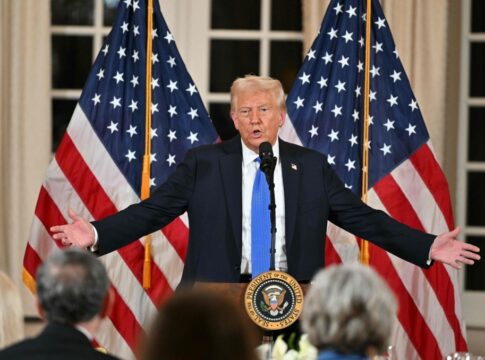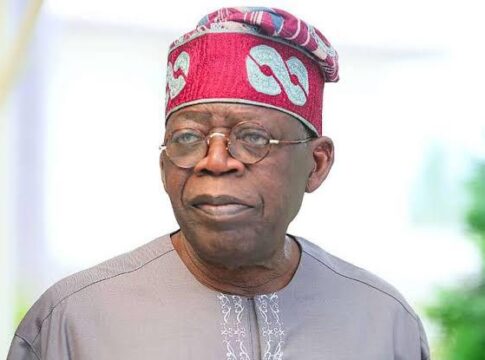In a dramatic policy shift, President Donald Trump has frozen U.S. aid to South Africa, citing a controversial land reform law. Trump claims the law enables the South African government to seize land from white farmers without compensation, despite repeated denials by South African authorities.
“South Africa’s expropriation law promotes race-based discrimination and seizes agricultural property from Afrikaners,” Trump said in an executive order issued Friday. The decision follows ongoing tensions between Washington and Johannesburg, including disputes over Middle East policies.
Land ownership remains a deeply emotional issue in South Africa. More than 70% of farmland is still controlled by white South Africans, nearly three decades after the end of apartheid. Under mounting pressure, President Cyril Ramaphosa’s administration signed the expropriation law last month, intensifying international scrutiny.
Musk and U.S. Officials Weigh In
Trump’s decision gained support from tech billionaire Elon Musk, a South African-born entrepreneur. Musk accused Ramaphosa’s government of enforcing “openly racist ownership laws,” referencing a South African policy requiring 30% equity ownership by historically disadvantaged groups for licensing major businesses.
READ MORE,: How Nigeria’s Forex Crisis is Fueling Higher Telecom Tariffs and Straining Consumers
“The land seizure policy is a step backward for equality and economic growth,” Musk tweeted. His company, SpaceX, has faced delays in obtaining licensing for its Starlink satellite internet in South Africa due to this policy.
Secretary of State Marco Rubio echoed Trump’s sentiments, announcing he would skip the upcoming G20 summit in South Africa. “We will not engage with a government that promotes anti-American and discriminatory practices,” Rubio said in a statement.
South Africa Responds
South African officials have dismissed the allegations as “misinformed and inflammatory.” The government defended the expropriation law as a tool to address historical injustices and accelerate economic transformation.
“This is not a policy targeting any race,” Ramaphosa said during a recent press briefing. “It is a necessary measure to ensure equitable land distribution for all South Africans.”
Global Implications
Trump’s move to halt aid follows a broader trend of U.S. scrutiny toward African nations seen as straying from Western economic and political frameworks. South Africa, a leading member of BRICS, has increasingly aligned itself with China and Russia, raising concerns in Washington about shifting geopolitical loyalties.
Observers say the aid freeze could deepen divides, with South Africa potentially seeking alternative partnerships to fill the gap left by U.S. assistance. Whether Trump’s actions will lead to policy changes in Johannesburg remains uncertain, but the diplomatic fallout is already being felt.




